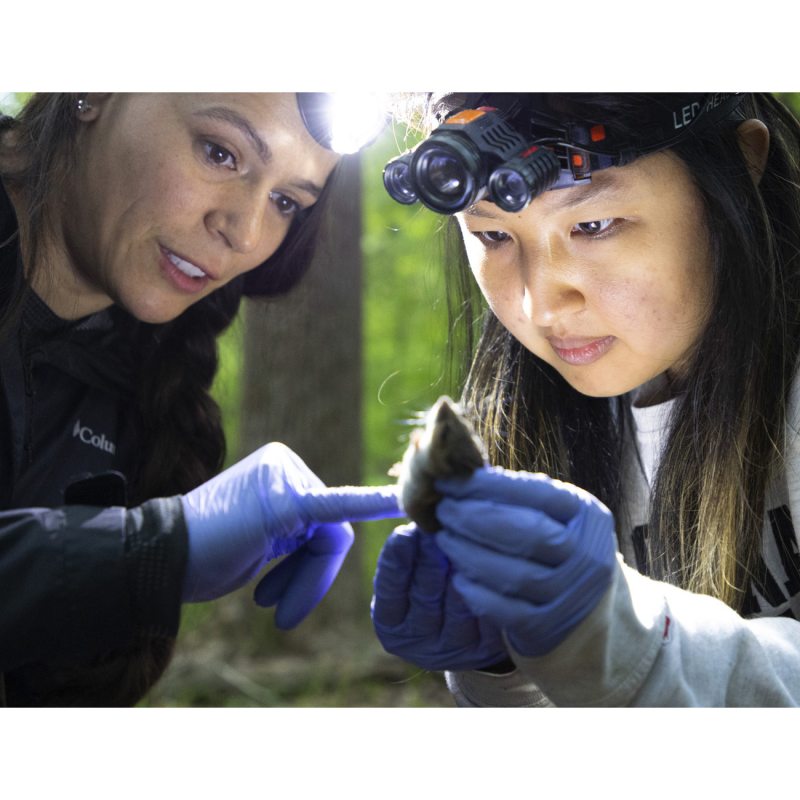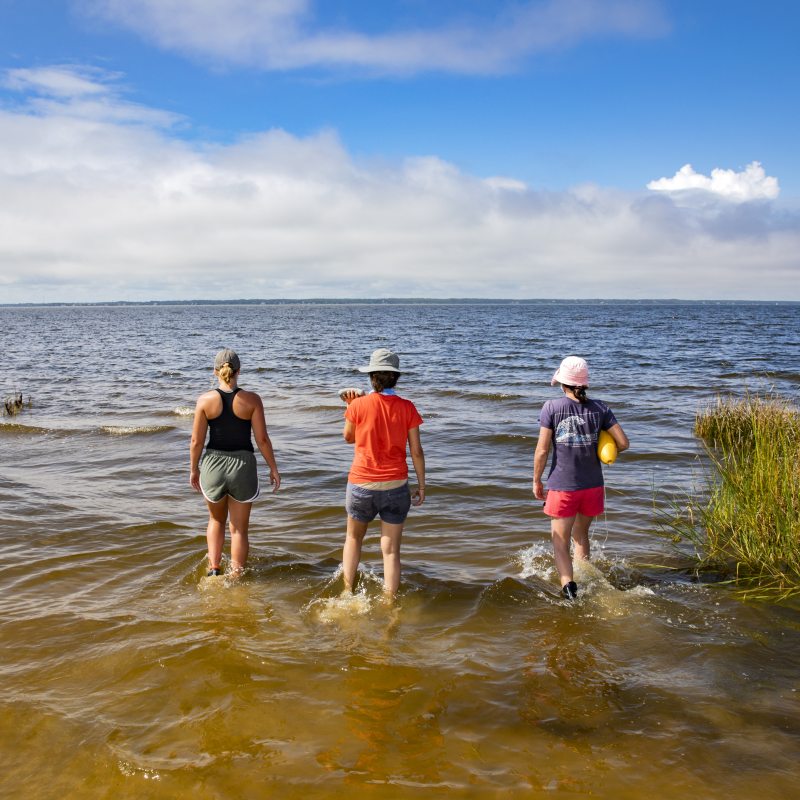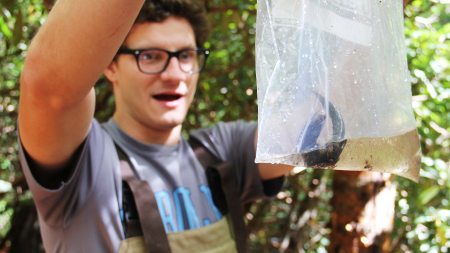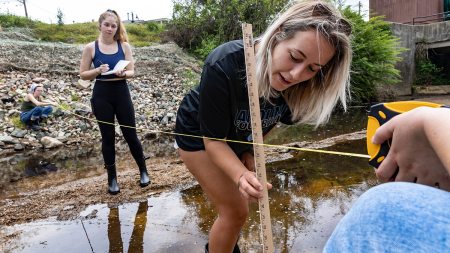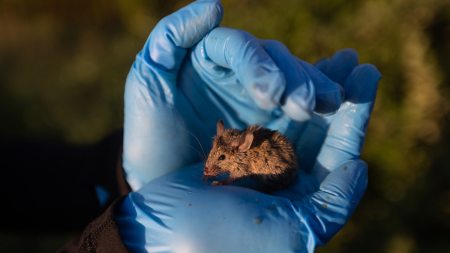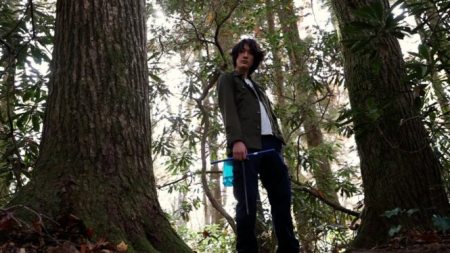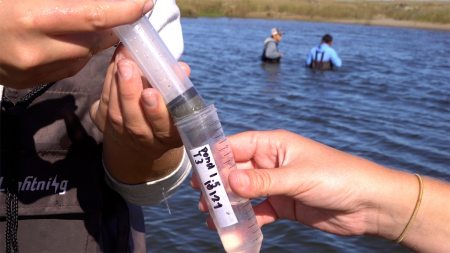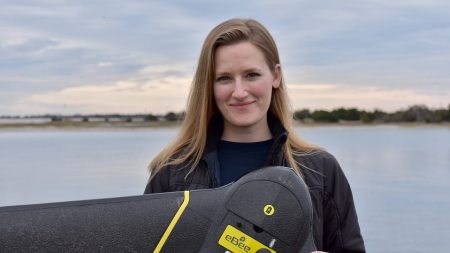Research field site experience sets triple Tar Heel on path for dream career
Molly Bost '13, '16 (MS), '22 (Ph.D.) has always known she wanted to be an environmental scientist. At Carolina, the three-time Tar Heel gained the knowledge and experience to put her passion for North Carolina's coast into action.
